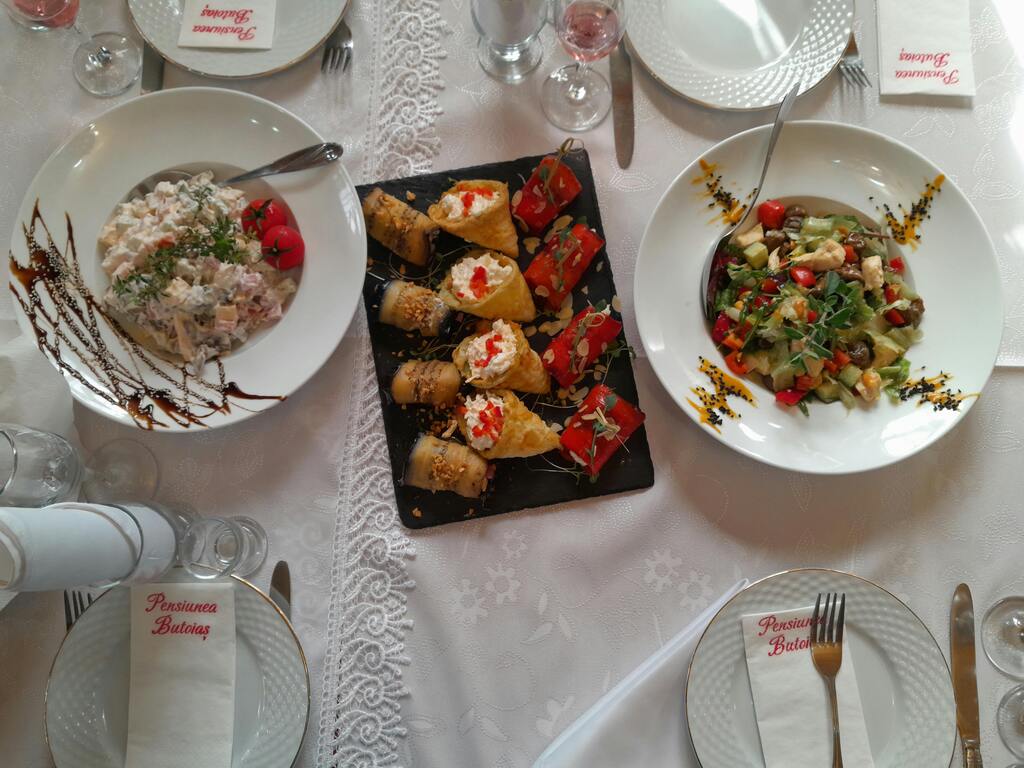
In Ghana, wedding receptions are often one of the most exciting — and expensive — parts of the entire marriage celebration. After the traditional marriage (engagement), and the church or court ceremony, the reception is where the real enjoyment begins: food, music, dancing, fashion, photos — and, of course, the whole community coming together to celebrate.
But planning your dream reception doesn’t mean you have to spend recklessly. Whether your budget is big or small, understanding your financial limits will help you find great deals and avoid unnecessary stress.
Traditionally, the reception can take up 30% or more of your entire wedding budget — mostly due to food, drinks, venue costs, decoration, and entertainment. But with smart planning, you can host a beautiful, lively, and culturally rich reception without going broke.
If you plan to rent a hall — whether in Accra, Kumasi, Tamale, Takoradi, or any major town — you’ll need to factor in:
Venue rental fees
Food and drink (buffet or plated service)
Decor (tables, chairs, backdrops, centrepieces)
Waiters and serving staff
Sound system and DJ or live band
Lighting and photography
In Ghana, some venues come with pre-arranged packages that include chairs, tables, servers, and basic décor, while others allow you to bring in your own vendors. Before making a deposit, be sure to ask:
Are you allowed to bring your own caterer?
Can you decorate yourself or must you use their decorator?
Does the venue provide servers and cleanup staff?
Is there a generator or backup power?
Only rent a hall if you’re hosting 50+ guests. For smaller weddings, home or church receptions might be more cost-effective.
Choose venues that allow external food and drinks. This lets you control your menu and reduce catering costs.
Host the reception in a church compound or school hall. These often cost less than commercial event centres and are still spacious.
Hold your wedding on a weekday or off-season. December weekends are expensive. Consider February or July for better rates.
Keep the menu simple but satisfying. Ghanaian guests love jollof, fried rice, chicken, and salad — but finger foods like kebabs, spring rolls, chips, and fruit trays can also go a long way.
Go buffet-style. A self-serve buffet reduces the need for multiple servers.
Use family and friends for service. Some relatives are happy to help serve food, drinks, or usher guests — especially in smaller towns.
Hire a DJ instead of a live band (unless music is very important to you). DJs cost less and play a variety of songs.
Decorate with creativity, not cost. Balloons, flowers from the market, fairy lights, and fabric from Makola or Kumasi Central Market can transform a space beautifully.
Provide soft drinks and sachet or bottled water only. Skip alcoholic drinks if you’re on a tight budget. Or offer just a few crates of beer or wine for select guests.
Rent fewer chairs and tables. If guests won’t all arrive at the same time, you can rotate seating and reduce rental quantities.
Ask for discounts for cash payments. Some vendors reduce prices when you pay cash upfront.
Skip the expensive souvenirs. Guests appreciate small but meaningful tokens — even simple thank-you notes or sachets of rice or hand fans with your names printed.
Consider a non-dinner reception. If your wedding ends early, you can serve snacks and drinks instead of a full meal.
In many Ghanaian communities, especially in rural areas or small towns, receptions are often held in the bride’s family home or compound. This can significantly reduce venue and decoration costs.
If space allows, hosting outdoors under a canopy with hired plastic chairs and tables is a very practical and culturally common option. It also brings a warm, communal feel — especially when neighbours and extended family help out with cooking and logistics.
Bonus Tip: In some communities, people contribute to the wedding by donating rice, drinks, goats, or other items. Don’t hesitate to ask for help from your extended family or church — many are happy to contribute when approached respectfully.
Weddings in Ghana are joyful, colourful, and deeply communal — but they can also strain your finances if you're not careful. Remember that you don’t have to impress anyone with extravagance. What people will remember most is the love, the joy, the togetherness, and how you made them feel welcomed.
With clear planning, wise choices, and support from family and friends, you can host a beautiful and memorable reception — no matter your budget.